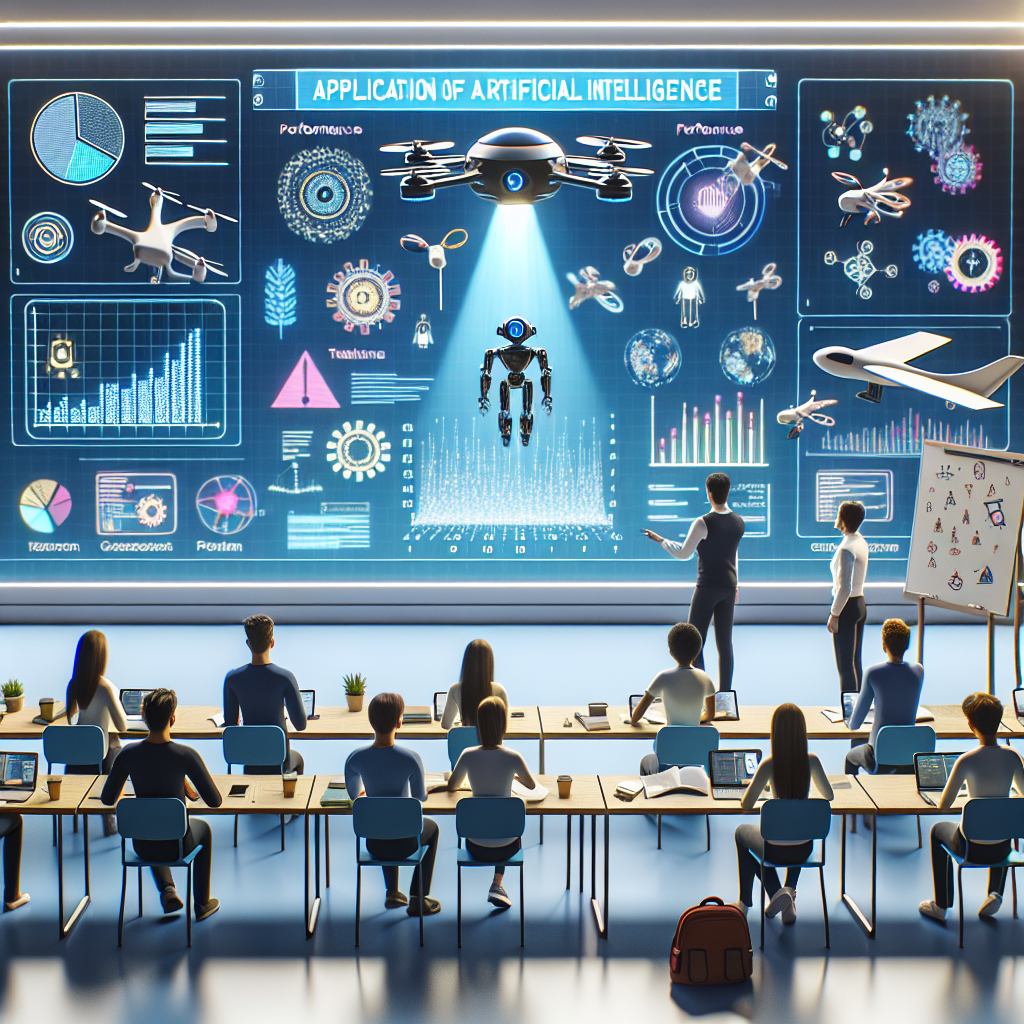Fix today. Protect forever.
Secure your devices with the #1 malware removal and protection software
Artificial Intelligence (AI) has revolutionized various industries, including education. It has the potential to enhance learning and teaching in ways that were previously unimaginable. With the integration of AI in education, teachers are able to provide more personalized learning experiences for students, and students are able to receive tailored support and feedback, ultimately leading to improved academic outcomes.
One of the key benefits of AI in education is its ability to analyze large amounts of data to identify patterns and trends in student performance. This information can then be used to create personalized learning pathways for each student, based on their individual strengths and weaknesses. For example, AI-powered learning platforms can adapt to each student’s pace of learning, provide additional support in areas where they are struggling, and offer advanced content for students who are excelling.
AI can also assist teachers in managing the classroom more effectively. By automating routine tasks such as grading assignments, tracking student progress, and generating reports, teachers have more time to focus on providing individualized instruction and support to their students. Additionally, AI can help teachers identify at-risk students early on and provide interventions to prevent them from falling behind.
Furthermore, AI can facilitate collaboration and communication among students and teachers. Virtual tutoring assistants can provide real-time feedback and support to students, while chatbots can answer students’ questions and provide additional resources. This can help students feel more engaged and supported in their learning journey.
Despite the numerous benefits of AI in education, there are also challenges that need to be addressed. Privacy concerns, ethical implications, and the potential for bias in AI algorithms are some of the issues that educators need to consider when implementing AI in the classroom. It is important for educators to be aware of these challenges and to work towards developing policies and guidelines to ensure the responsible and ethical use of AI in education.
In conclusion, Artificial Intelligence has the potential to enhance learning and teaching in education by providing personalized learning experiences, facilitating collaboration, and improving student outcomes. By harnessing the power of AI, educators can create more engaging and effective learning environments that meet the diverse needs of students. As AI continues to evolve, it is important for educators to stay informed and adapt their teaching practices to leverage the benefits of this transformative technology.
Fix today. Protect forever.
Secure your devices with the #1 malware removal and protection software

Leave a Reply
You must be logged in to post a comment.